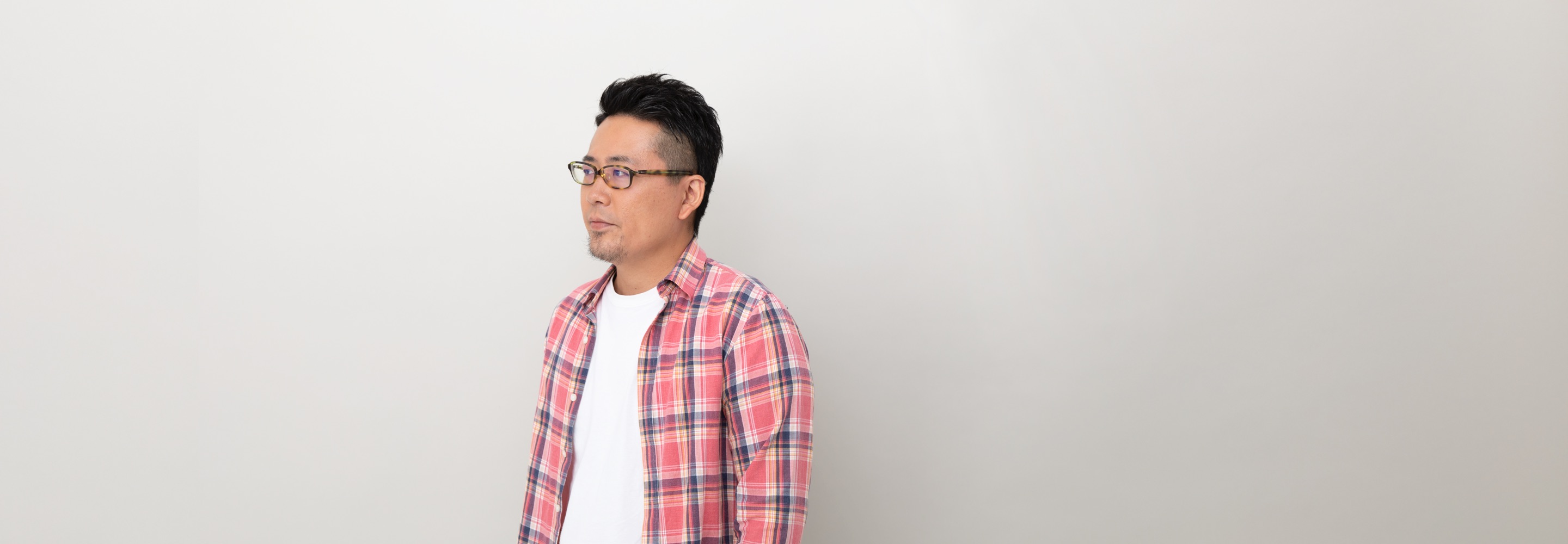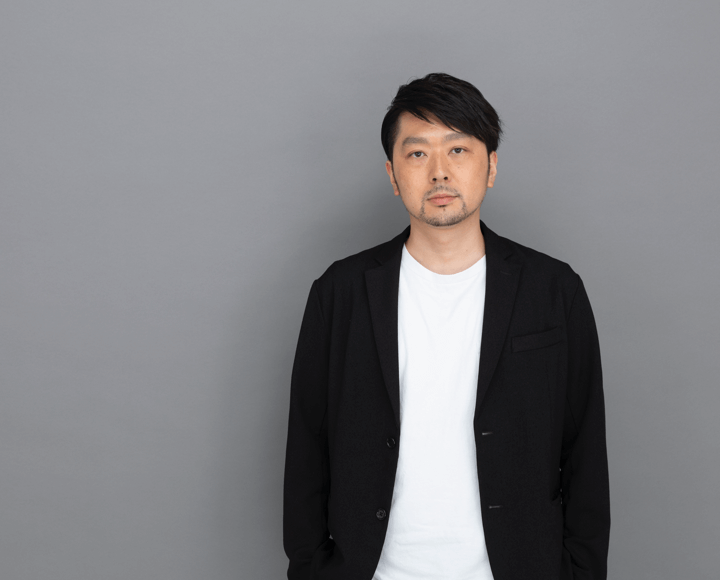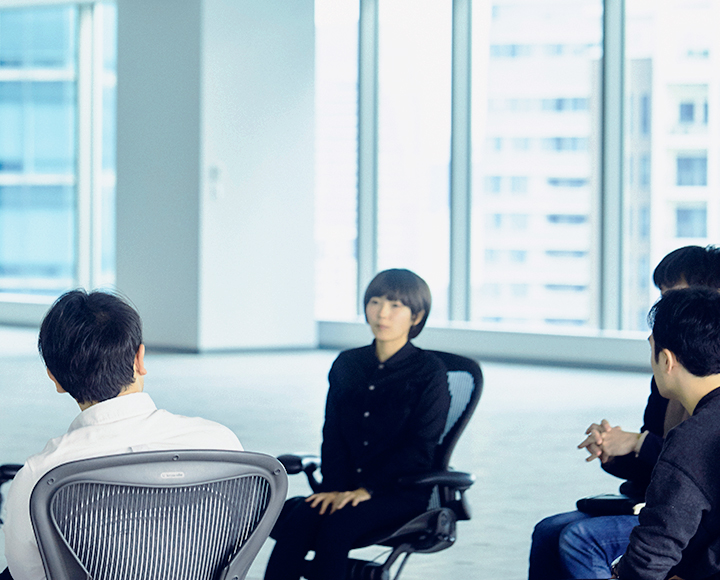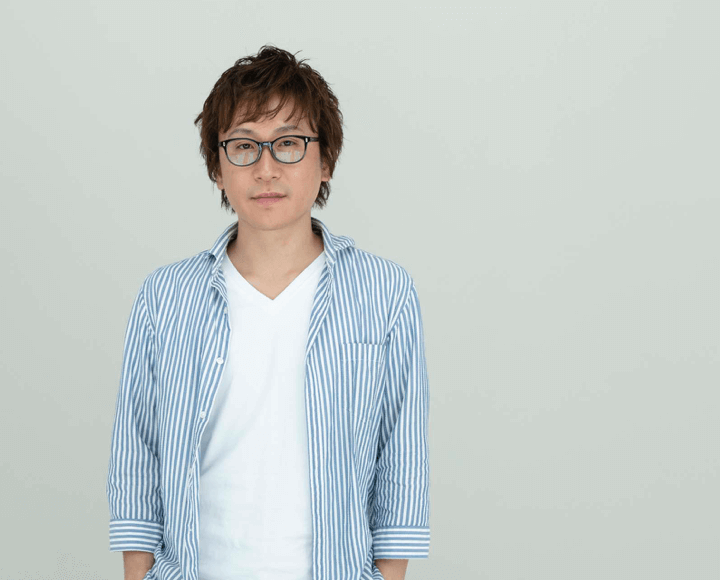
To create better services with all possible resources, there is a need to cross borders between specialties.Creator's story - Yasunori Ooka
Medley's engineers go beyond their own specializations and are
often involved in cross-functional service. The person who
embodies this culture is Yasunori Ooka, a frontend engineer.
Ooka joined Medley in June 2017 and was in charge of the
telemedicine app "CLINICS" and cloud-type electronic medical
records "CLINICS Medical Records." While focusing on frontend
tasks, he also works broadly with development across the server
side, as well as with iOS and Android.
Starting his career without experience in his mid-20s, Ooka
developed his skills in the social gaming industry. What does he
want to achieve in the medical and healthcare industry today?
Gaining intensive experience from a rapidly growing organization
He joined SIer as an engineer without experience. Ooka gained
experience in line with the work, with success as an engineer
during the creation of an app to improve his skills.
"I created an app that I thought would enhance convenience, making
use of the skills I had learnt at work. I had a habit of sending
e-mails with the same content to different people and felt that it
was inconvenient at that time and that it was troublesome to have
to compose sentences each time. Therefore, I created an app that
can easily send e-mails with typically used sentences. It was then
featured in a magazine, and I remember being very excited at that
time."
Ooka talks about his first experience with success as an engineer.
With the desire to "create apps and services that would allow for
more interaction with users" and with the desire to seek a more
challenging environment, he transferred to gloops, which, at that
time, had been a rapidly growing company involved in developing
and managing social games."
At the time, gloops was beginning to launch a series of new
projects, and the organization had expanded from 40 to 500 staff.
Amid those rapid changes, he expanded the area where he could use
his skills.
"I joined gloops as a server-side engineer in the beginning.
gloops allowed everyone to have opportunities if you were to just
raise your hand. As a result of proactively raising my hand even
if I did not have experience, I was able to take charge as the
main engineer of a new project in several months. After I took
charge of several projects, I turned to frontend tasks as I sensed
the rise of smartphones. I deepened my skills."
Ooka gained experience in a wide variety of projects while
expanding his field of specialization.
He learned more than just easy-to-understand technology from
extensive experience that he would refer to as having "changes so
extreme that he could not remember everything."
"The projects involve a wide range of professionals, including
designers, planners, and illustrators, as well as engineers. Among
them, engineers are expected to not just do their jobs but also
think about what to do to achieve the common goals for the
project. I think that staying committed to active communication
and exchanging opinions within the team became ingrained in me
during this period."
Emerging awareness of medical care issues
As his specialty and experience as an engineer accumulated, Ooka
gradually began to consider the next stage. What he found by
chance during that time was an article about Inamoto, a classmate
from junior high school.
"I honestly was not aware of medical care at all, but as I read
the article, I became interested in the kind of work that medical
engineers do, and when I contacted Inamoto, I was invited to
lunch."
What he heard from Inamoto reminded him of his own experiences,
and he felt a strong sense of empathy with Medley's vision of
"realizing reasonable medical care."
"In the past, we were very anxious about what would happen if our
parents became ill. There were also many times when the children
would suddenly get sick and we would worry. The medical industry
feels like some faraway concept, but I realized that anxiety about
medical care existed in our daily lives."
Ooka thought that if telemedicine could enable the creation of a
system that could in turn enable patients to receive appropriate
medical care more quickly, they would absolutely be able to save
some patients, as well as themselves, if they were in that
position. Therefore, he wanted to contribute to the realization of
that vision.
"Someday, I would like to proudly tell my children that their
father made this. I decided to join Medley because I could
envision that future."
Further enhancing frontend expertise by studying related technologies
After joining Medley, Ooka was placed in charge of developing the
telemedicine app, CLINICS. Currently, they are engaged in
improvements for their clients by using "CLINICS Medical Records."
As they work on services and learn about the issues that both
healthcare professionals and patients are facing, Ooka strongly
feels that from an engineer's perspective, it is important to
tackle challenges in this area.
"Medical-related systems often do not have uniform data formats
and standards. The resulting systems are becoming more complex,
making it more difficult to transfer and implement new functions.
We must first create standards and build infrastructure to achieve
better medical care."
All sorts of techniques are required to resolve the issue. At
Medley, Ooka has accumulated experience in developing for iOS and
Android, as well as in doing frontend development, from the server
side.
However, he does not feel comfortable calling himself a
"full-stack engineer."
"I have never been consciously aiming to be a full-stack engineer,
and in fact, I have been thinking that this was the norm. If we
focus on our specialties but also work with related technologies,
we can make frontend better. I always thought it's not full-stack,
just frontend."
However, even if an individual wants to freely develop
longitudinally, that would not be feasible unless the organization
has a culture that allows this. Ooka believes that these
organizational cultures also have a significant impact.
"Medley has members who are familiar with each area, and there is
a culture of pulling requests from each other and reviewing the
code. There are actually numerous members who have the same
thinking as I do, and I think we are all thinking about creating
better products while covering each other's specialty areas."
To achieve the goal, traverse fields. The culture rooted in Medley
overlaps with the image of engineers that Ooka has consistently
pursued since his previous role.
"In gloops, engineers were called the "last defense," and it was
natural to give opinions to other functional areas. Engineers do
not just work to create on the basis of orders that come from
above. Engineers should really consider and make a judgment on
whether something should go out into the world. Personally, I
would definitely not want to send something that I felt was
"difficult to use" out to the world. If I could prevent that, I
would have no issue traversing fields or functional areas. I would
like to do my best to create better services."
Write: Haruka Mukai
-
Date: OCT 2018

Return to index



